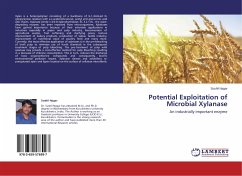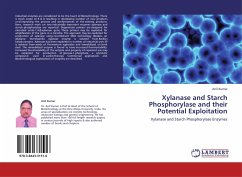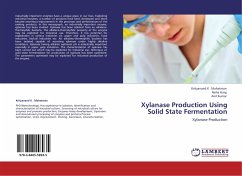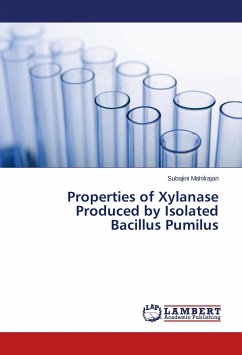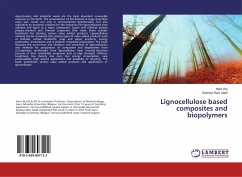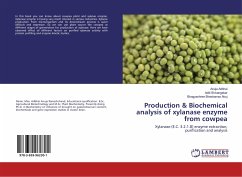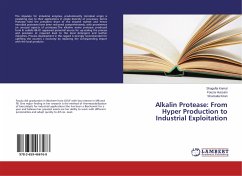Xylan is a heteropolymer consisting of a backbone of b-1,4-linked D-xylopyranose residues with a-L-arabinofuranose, acetyl and glucuronic acid side chains. Xylanase (endo-1,4-b-D-xylanohydrolase; EC 3.2.1.8) , the xylan-degrading enzyme, has been reported from microorganisms. Xylanases have gained importance because of their extensive applications in industries especially in paper and pulp industry, bioconversion of agricultural wastes, fruit softening and clarifying juices, texture improvement of bakery products, production of xylose, textile industry, improvement of nutritional value of poultry feed and many more. Currently, the most effective application of xylanases is in the pre-bleaching of kraft pulp to minimize use of harsh chemicals in the subsequent treatment stages of pulp bleaching. The pre-treatment of pulp with xylanase may provide a cost-effective method for pulp bleaching resulting in a decrease of chlorine consumption. This in turn, reduces the discharge of toxicorganochlorine compounds and consequently, lowers environmental pollution impact. Xylanase cleaves and solubilizes re-precipitated xylan and lignin located on the surface of cellulose microfibrils.
Bitte wählen Sie Ihr Anliegen aus.
Rechnungen
Retourenschein anfordern
Bestellstatus
Storno

